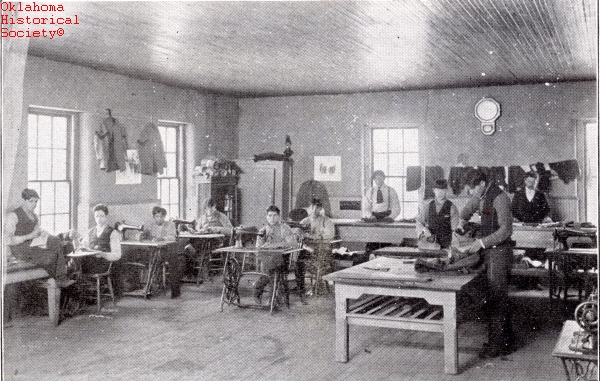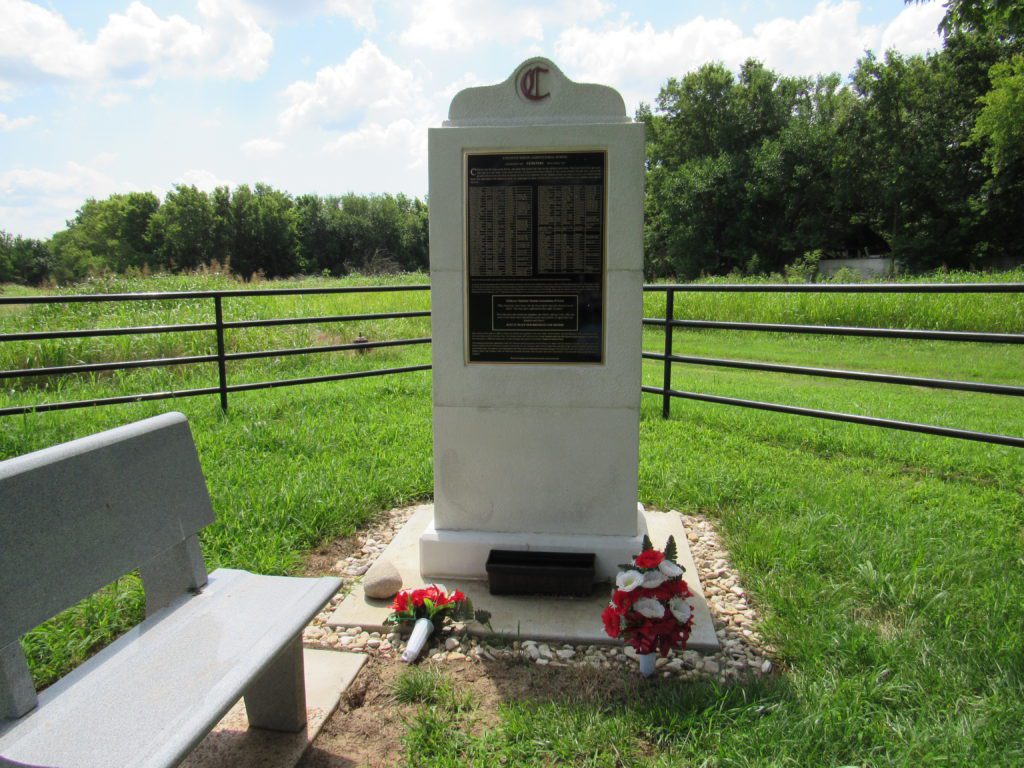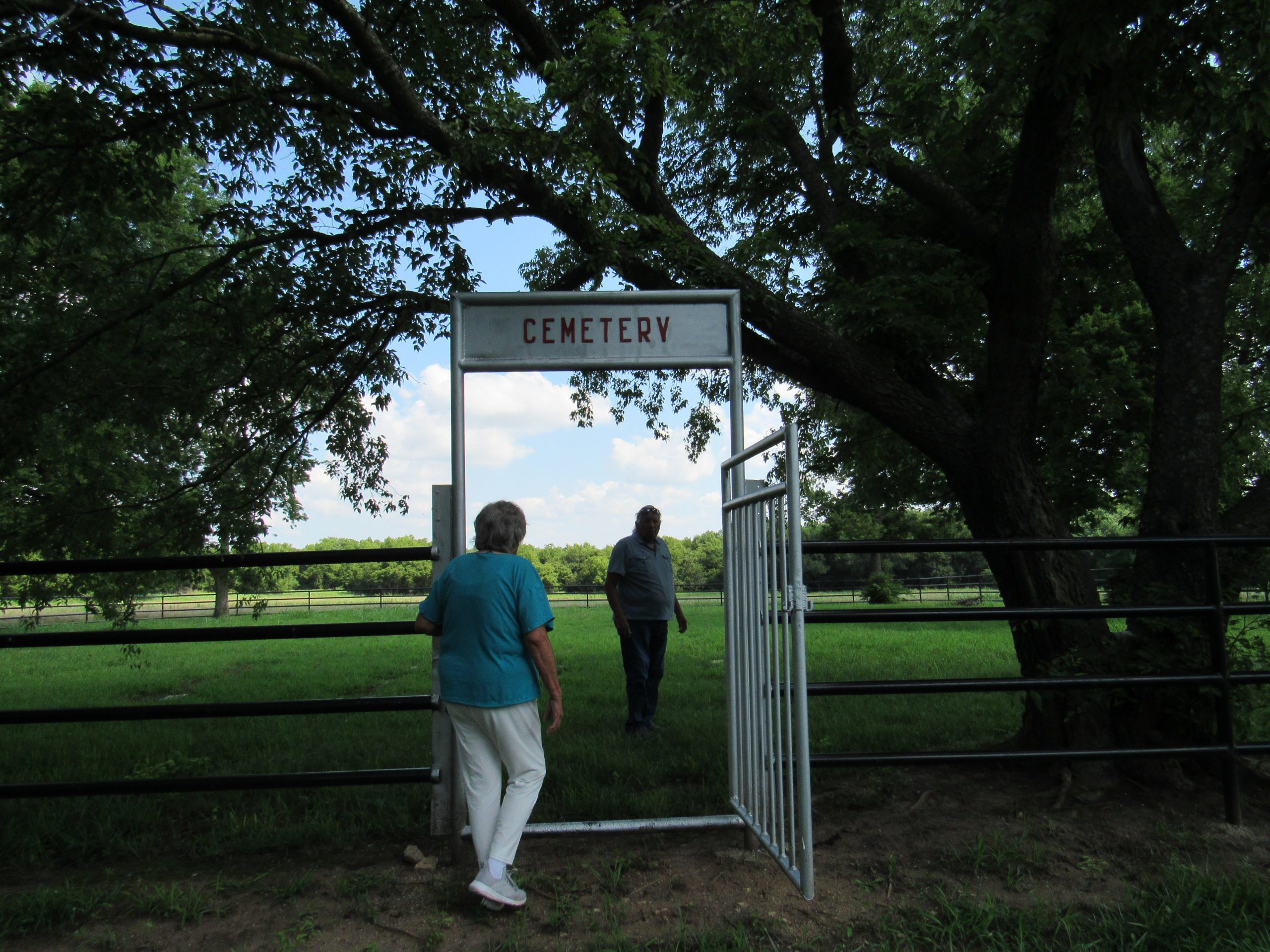For years, alumni from the Chilocco Indian Agricultural School in Oklahoma have been searching for information about the students who died at their old boarding school, one of hundreds once set up by the U.S. government to assimilate young Native Americans.
Sifting through archived records, the volunteer group has compiled 67 names, but with little funding for more research, they have no way of knowing how many of the children are buried in Chilocco’s cemetery, which bears only a single marked grave.
Theirs is one of numerous efforts by tribal historians and researchers over the past several years to uncover evidence of Native Americans who died at the boarding schools. Until now, these grass roots investigations have been stymied by limited resources and logistical hurdles.
Now, those leading the projects are hoping a new federal investigation can shed light on a mystery that has haunted Indian Country for generations. In June, Interior Department Secretary Deb Haaland launched a review of Native American boarding schools, hoping to figure out how many students died at the institutions—whether from disease, accidents or mistreatment—and where they are buried. The move was spurred by the recent discovery of mass graves of indigenous children at boarding schools in Canada.
“The government abandoned this sacred site when they closed Chilocco in 1980,” said Jim Baker, the alumni group’s president. If the Interior Department provides resources, he added, “then we can do a comprehensive ground-penetrating radar survey.”
READ ABOUT THE SCHOOL here







